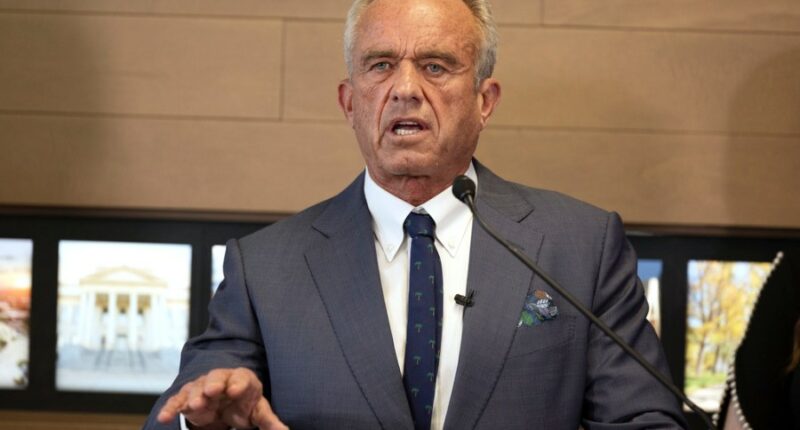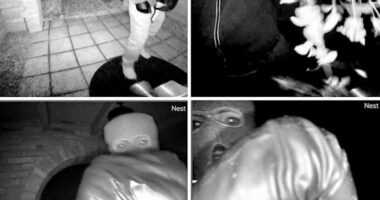Share this @internewscast.com

Health and Human Services Secretary Robert F. Kennedy Jr. announced on Tuesday that efforts are being made to pinpoint “interventions” believed to “certainly cause autism,” with potential solutions anticipated by September.
In April, Kennedy vowed to find the cause of growing rates of autism, calling it an “epidemic” that “dwarfs the COVID epidemic.”
During a Cabinet meeting, President Trump inquired about the progress, expressing urgency by stating, “The autism is such a tremendous horror show. What’s happening in our country and some other countries, but mostly our country. How are you doing?”
Kennedy assured, “We are doing very well. By September, we will make related announcements, as promised, regarding interventions that are almost certainly contributing to autism. We intend to address these matters by then.”
Kennedy, who has held longstanding beliefs that environmental factors or vaccines may be contributing to the increasing autism rates, has argued that research supporting this view has been suppressed by federal authorities. In April, he emphasized that autism prevention is crucial due to the heavy burdens it places on families and society.
“These are kids who will never pay taxes, they’ll never hold a job, they’ll never play baseball, they’ll never write a poem, they’ll never go out on a date. Many of them will never use a toilet unassisted,” Kennedy said. “Autism destroys families.”
In the meeting, Kennedy highlighted recurring points about environmental factors linked to autism, stressing the significant increase in diagnosis rates since the 1970s.
“So, there has to be something artificially causing this, meaning a drug or something. And I know you’re looking very strongly at different things, and I hope you can come out with that as soon as possible,” Trump said.
According to the Centers for Disease Control and Prevention, 1 in 31 children and 1 in 45 adults in the U.S. have autism, significantly higher than the 1 in 150 rate just a few decades ago. But according to experts, this is more likely due to autism detection improving since the diagnosis was first developed and the criteria broadening over the years. The first time someone was diagnosed with autism was in 1943.
“Rates of autism without intellectual disability, that is increasing faster than diagnoses of autism with intellectual disability, which shows that if that group that would have been missed in the past that is making up the larger portion of the increase in diagnoses,” Zoe Gross, director of advocacy at the Autistic Self Advocacy Network, told The Hill in June.












